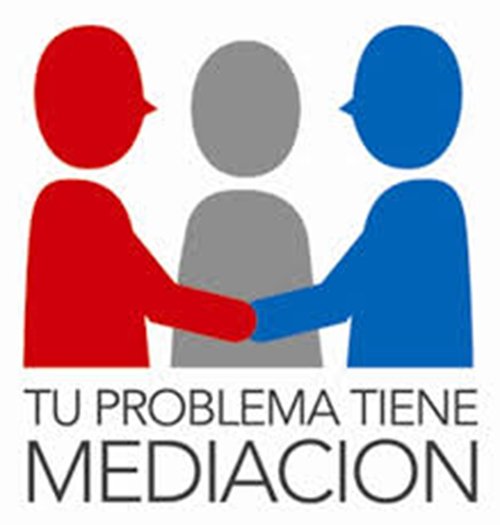The Criticism: An intermediate point
By way of Introduction
On the one hand, mention was made of Dogmastism, a current for which there is no problem regarding the possibility of knowledge , that is, does not see difficulty in knowledge, accepts it outright, while, for dogmatism, the subject apprehends the object without any difficulty, does not consider existent or necessary, the subject-object relationship as an essential aspect of knowledge and its possibility.
At the opposite extreme, from the epistemological discussion, is the Skepticism, which does not see the subject-object relationship as the essence of knowledge, It has a fundamental difference around the knowledge that diametrically separates it from dogmatism.
If the dogmatism relies excessively, blindly, on the capacities of the subject and ensures that the latter apprehends the object without the former having to relate before, from the intellect, with the latter. Skepticism, for its part, denies that the subject can apprehend the object, assuming, here if, a resemblance to dogmatism, that is, that the subject-object relationship is nonexistent.

The balance
In this context, a third epistemological position, which mediates between the postures previously exposed, becomes necessary to allow the essential exchange, and connection, between the subject and the object of knowledge, between the knowing consciousness and reality.
Fortunately, this third epistemological position that approaches the extremes, imposed by the dogmatic and skeptical, exists and is called Criticism.
Criticism as an epistemological perspective shares with dogmatism the trust in the intellect of the subject, considers that if knowledge is possible and that the subject can undoubtedly reach the truth, but unlike dogmatism, and coinciding with skepticism, he does not believe that the subject must accept nonchalantly all the affirmations of the human intellect. Skepticism unites trust in reason and intellect, which assumes dogmatism, with distrust in every form of determined knowledge, as posed, on the other hand, by skepticism.
Thus, criticism evaluates all statements that are the product of human reasoning and does not accept or deny, at all, anything carelessly, or lightly. His position, meanwhile, is neither dogmatic nor skeptical but critical and reflexive.

The foundation
To conclude, our exposition by the current of criticism leaves you with the definition of who is considered the true founder of criticism, we do not refer to Emmanuel Kant, whose philosophy is called, not by chance, simply and purely Criticism.
For Kant, criticism "is that method of philosophizing that consists in investigating the sources of one's own affirmations and objections in which they rest, a method that gives the hope of arriving at the truth".

Congratulations! This post has been upvoted from the communal account, @minnowsupport, by josmar2511 from the Minnow Support Project. It's a witness project run by aggroed, ausbitbank, teamsteem, theprophet0, someguy123, neoxian, followbtcnews, and netuoso. The goal is to help Steemit grow by supporting Minnows. Please find us at the Peace, Abundance, and Liberty Network (PALnet) Discord Channel. It's a completely public and open space to all members of the Steemit community who voluntarily choose to be there.
If you would like to delegate to the Minnow Support Project you can do so by clicking on the following links: 50SP, 100SP, 250SP, 500SP, 1000SP, 5000SP.
Be sure to leave at least 50SP undelegated on your account.